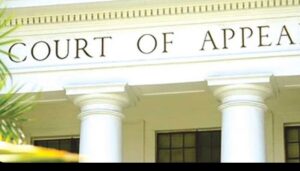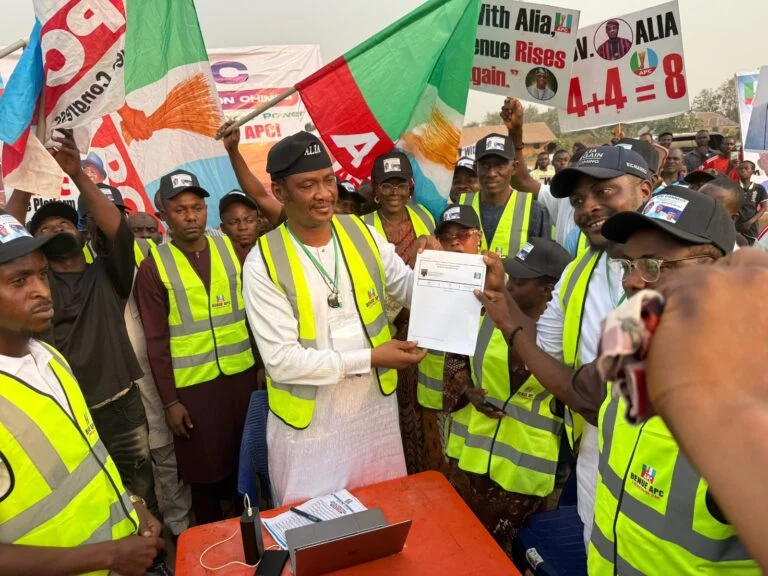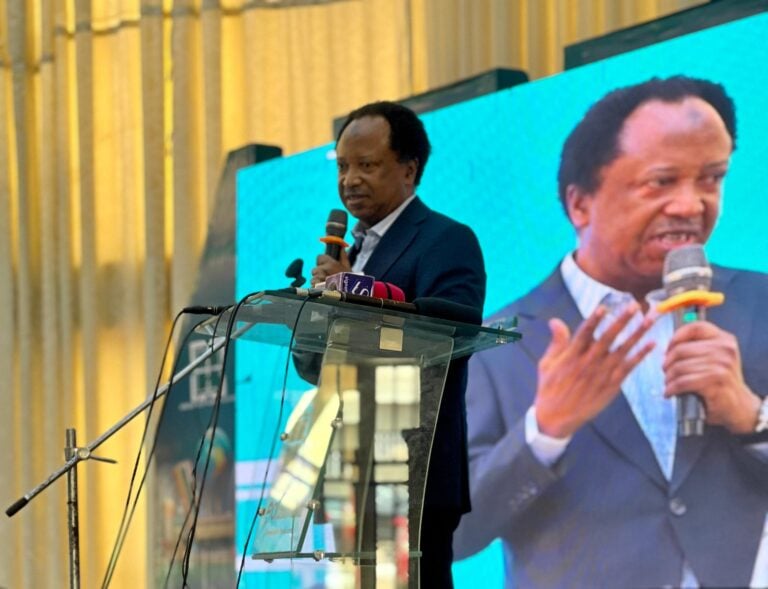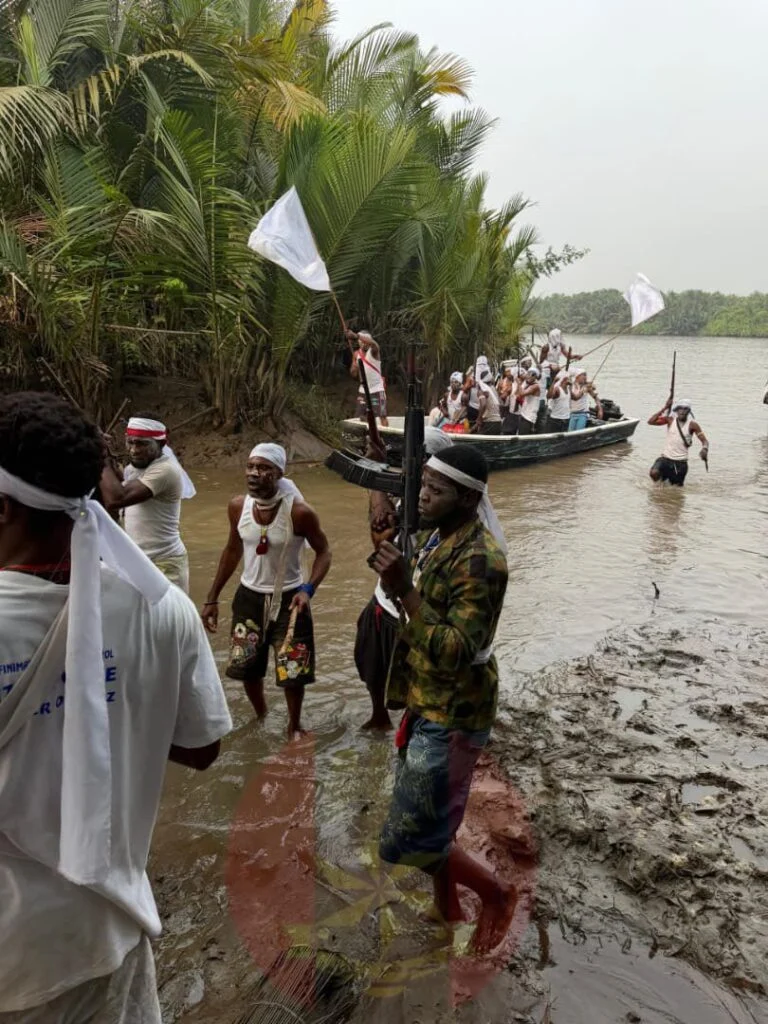lawyer Advocates Sanctions Against Appeal Court Justices Over IPOB Proscription Ruling

Prominent human rights lawyer, Barrister Christopher Chindera, has called for sanctions against justices of the Court of Appeal who recently upheld the proscription of the Indigenous People of Biafra (IPOB) as a terrorist organization.
Chindera argued that the ruling violates constitutional rights and undermines the principles of justice and fair hearing.
In a strongly worded statement issued on Tuesday, Chindera described the appellate court’s decision as “a dangerous precedent” that could erode civil liberties in Nigeria.
The Court of Appeal had on January 30, 2025, affirmed a 2017 Federal High Court order designating IPOB as a terrorist group. The proscription was originally made through an ex parte application—a process conducted without the presence or defense of the accused party.
“The use of ex parte motions to declare an organization as a terrorist group, without giving them the chance to be heard, is a gross violation of Section 36 of the Nigerian Constitution,” Chindera stated. “Such actions are not only unjust but unconstitutional.”
Chindera also raised serious concerns about the legality of the proscription order itself. He noted that the 2017 declaration was reportedly signed by the late Chief of Staff to the President, Abba Kyari, rather than by the President or Vice President as mandated by law.
“If the signature on the proscription order was not from a constitutionally recognized authority, then the order lacks legal standing,” Chindera argued. “The judiciary should not lend itself to processes that compromise constitutional integrity.”
The lawyer called on the National Judicial Council (NJC) to investigate the role of the justices involved in the ruling and take disciplinary measures if any violations of judicial ethics are found.
“The judiciary must remain impartial and uphold the rule of law. When judges issue decisions that trample on fundamental rights, they must be held accountable,” he added.
The case has sparked renewed public debate on the legitimacy of the IPOB proscription and the broader implications for civil liberties in Nigeria. IPOB has since filed an appeal to the Supreme Court, challenging the Court of Appeal’s ruling on multiple grounds, including lack of fair hearing and procedural flaws.
As the legal battle continues, Chindera’s intervention adds to growing criticism from rights groups and legal experts who view the ruling as a threat to Nigeria’s democratic framework.







